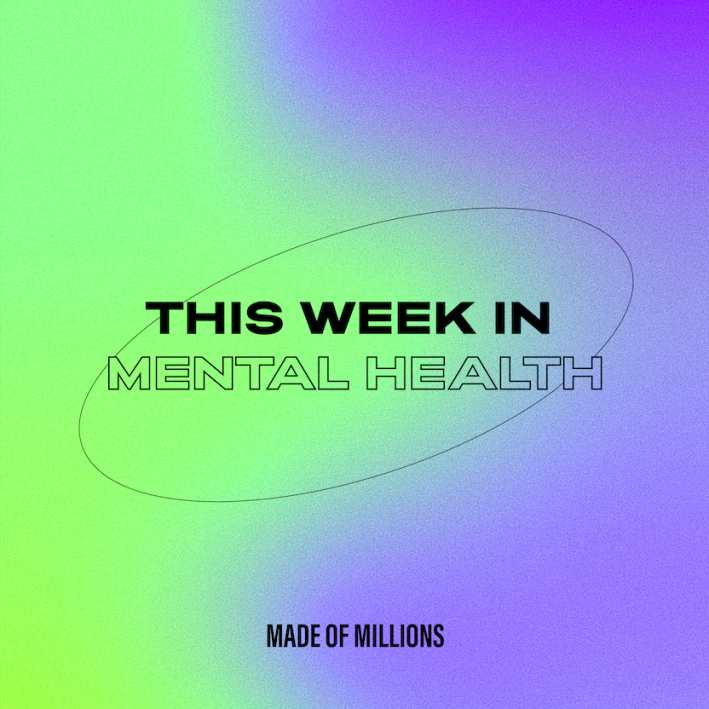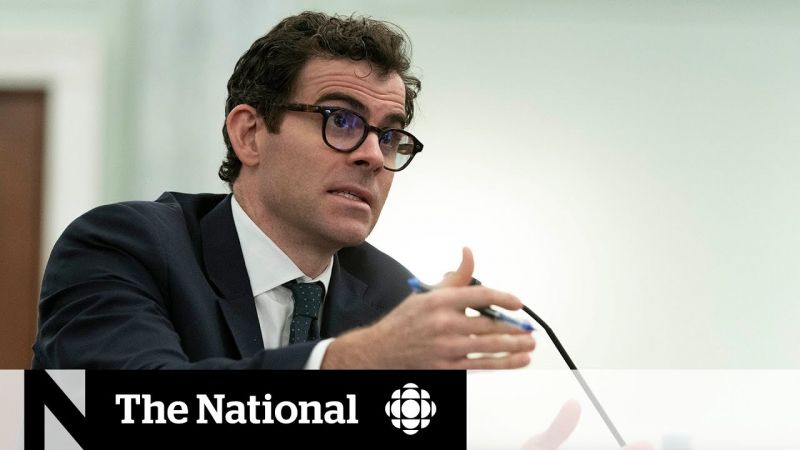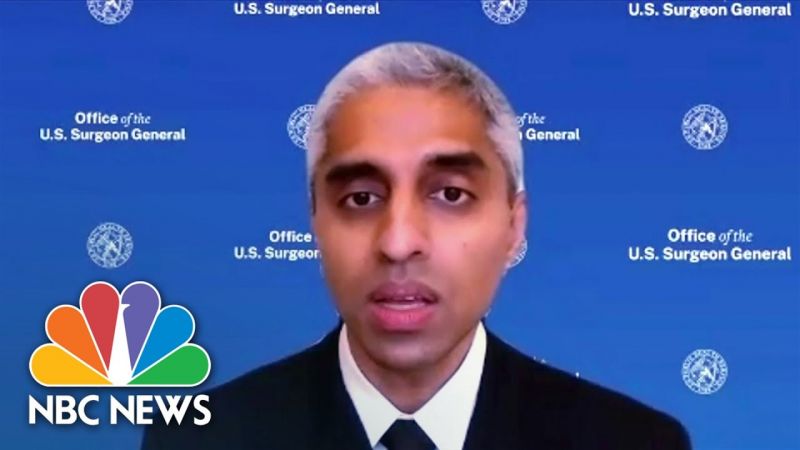This Week In Mental Health
The latest on research and advocacy for the week of December 6th.
Written by Esther Fernandez

01 Senators and researchers urge for more information and regulations from Meta.
02 Research looks at LGBTQ mental health in the south, DBS therapy for OCD, reducing suicide risk in children who have lost a parent, and more.
03 Everson Griffen opens up about his bipolar disorder diagnosis.
TW// Mentions of suicidality, self harm, and eating disorders
Conversations about mental health have grown exponentially over the last decade, with more and more people committing to personal and collective wellness. While we have a ways to go before mental health awareness, education and treatment are accessible to all, each day brings new and positive strides within the field.
Our This Week In Mental Health series covers the latest happenings in research, treatment, human interest stories, and more. Stay updated on new developments so you’re better equipped to navigate the world, and most importantly, your own recovery.
Here’s what’s happening the week of December 6th.
Technology
Senators Came To The Instagram Hearing Armed With Their Teenaged “Finstas”
As Instagram court hearings continue surrounding concerns of youth mental health, members of the Consumer Protection, Product Safety, and Data Security subcommittee are testing the app themselves. When members created Instagram accounts posing as teenagers, they found that the algorithm pushed harmful mental health content, such as promoting self harm and eating disorders. Additionally, Instagram announced in July that anyone under the age of 16 would now default to a private account when first signing up for the app, but one member who posed as a 15 year old was defaulted to public. Their findings were reported to Adam Mosseri, head of Instagram.

U.S. Senators Challenge Head Of Instagram Over Teen Safety Concerns
Meta Has A "Moral Obligation" To Make Its Mental Health Research Transparent, Scientists Say
In addition to the Instagram hearing, over 300 researchers have written an open letter to Mark Zuckerberg urging him to make information public about the effects of Instagram and Facebook on youth mental health. The researchers come from various fields, such as psychology and health. In the letter, they say that limited internal research does not allow the public to understand the true severity of mental health effects. Additionally, Meta's internal research does not meet evidence-based standards that could be met if they allowed for external, large-scale studies.
Research
LGBTQ Youth In The South Face Greater Mental Health Challenges
The Trevor Project released a new report looking at the mental health of LGBTQ youth who live in the southern part of the United States. It was found that LGBTQ youth were at greater risk of attempting suicide in the past year if they lived in southern states. However, factors that help lower this risk include having an inclusive community, school, or family. Researchers surveyed over 34,000 youth from October 2020 through December 2020, and used data from the CDC. Other statistics show that factors like respecting pronouns and ability to have desired gender identity for official documents can help lower risk of suicide.
NIH-Funded Study Could Help Improve Deep Brain Stimulation Therapy For OCD
The National Institutes of Health funded a study that looked at deep brain stimulation as therapy for OCD. The study includes over 1,000 hours of brain recordings that were captured in clinics, therapy sessions, and homes. Researchers hope to match brain patterns with symptoms of OCD, in order to better predict symptoms and improve DBS therapy. Capturing brain recordings outside of clinical settings also helped researchers gain a better understanding of OCD patients.
Improved Parenting Reduced Youth Suicide Risk By Combating Negative Self-Views In Bereaved Children
While losing a parent can increase the risk of depression, suicidality, and mental health issues in children, having a supportive surviving parent can help lessen that risk. Researchers from the University of Connecticut looked at how children responded when surviving parents were enrolled in the Family Bereavement Program, a group therapy program that helps people navigate grief and parenting. By focusing on preventative programs for mental health problems, suicide risk was also decreased. Specifically, reducing “aversive self views” and increasing “child positive connectedness to their caregivers” helped with reducing suicidality.
Disordered Eating Doubles Risk Of Premature Mortality, Research Shows
A new study from the University of Calgary shows that Canadians with eating disorders have five times the risk of dying prematurely. Compared to other mental health conditions, those with eating disorders have two times the risk of dying prematurely. Researchers looked at around 32,000 participants for 15 years, and around 150 of those participants had an eating disorder.
Surgeon General Warns of Youth Mental Health Crisis
The United States Surgeon general, Dr. Vivek H. Murthy, announced in a report that youth are experiencing a mental health crisis, both as a result of the pandemic and the overall state of the world. The report explains how youth were experiencing mental health issues before the pandemic, and that the pandemic further exacerbated those issues. The report also includes rising statistics of depression, anxiety, emergency room visits, and fast-paced media.

Surgeon General Issues Rare Public Health Advisory Over Youth Mental Health Crisis
Advocacy
Minnesota Vikings' Everson Griffen Says He Has Bipolar Disorder
NFL player Everson Griffen opened up about his bipolar disorder diagnosis on Instagram. Last month, Griffen was hospitalized after a mental health incident, which caused concern for many of his Minnesota Viking teammates. In the Instagram post, he shares how he had been running away from his diagnosis for a long time, but he’s now ready to become a mental health advocate.
Support our work
We’re on a mission to change how the world perceives mental health.



















